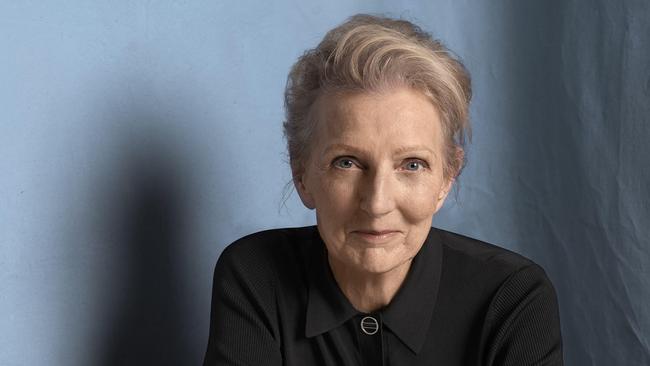Has COVID changed the agenda for women?
It’s been a tough year for women struggling with loss of jobs, childcare issues and working from home. What does the future hold?

Two words have dominated the conversation this year — jobs and COVID-19.
The national debate has never been so narrowed and so focused, with very little room for issues that do not, in some way at least, intersect with the dominant discourse.
Every area of life has been seen through the lens of the global pandemic and the economic disruption it has caused. For women, the key themes of recent years — equality in the boardroom and executive ranks; unconscious bias; the questions about when or whether to have children — have slipped down the list.
This year has been about employment, about part-time work, about government subsidies failing or assisting women, and child care. The overarching issues remain but for many women the focus must be on very practical matters — how to get and keep a job; and how to manage child care.
Looked at through the COVID-19 lens, this has been a mixed year for women. On the plus side, women’s advocacy of working from home arrangements and flexible work has been given a huge boost now that it’s endorsed by bosses as an option for men as well as women. Part-time work — specifically part-time work at home — has been awarded more status. On the downside, women suffered greater unemployment in the early stages of the pandemic, were given little specific attention in the October budget and looked likely to find it harder to get jobs post-COVID-19.
The jury is still out about the longer-term impact on women’s jobs but the surrounding issues — about the insecurity of female dominated sectors such as hospitality and events management — will continue. So too will the anxiety and frustration felt by many women about inadequate child care options. And while the number of women CEOs many not be top of mind for women struggling to hang onto their jobs, the unconscious gender bias in our society is worth remembering
Because this year brought an extraordinary prime ministerial attack on a senior female leader, Australia Post’s Christine Holgate, and raised the question of whether a male leader who used watches rather than cash bonuses to reward executives would have been dealt with so publicly and summarily.
Was it unconscious sexism or unconscious populism that drove the Prime Minister to react so emphatically? And is the political reluctance to truly address child care options driven by the fact that child care is still seen as one for women, rather than parents, to solve?
This is our sixth women’s special, produced in partnership with Chief Executive Women, which in 2020 under president Sue Morphet campaigned strongly on jobs and child care. Morphet has been succeeded by Sam Mostyn, whose two-year tenure began on November 16. Mostyn’s long career across so many aspects of Australian business and society positions her perfectly to continue to lead CEW through a period when applying the gender lens as well as the COVID-19 lens will be crucial.
Thank you to art director Shireen Nolan, picture editor Christine Westwood and production editor Anne-Maree Gale for their effort on this special. Thanks too to colleagues at Vogue, including editor-in-chief Edwina McCann, for their involvement.



